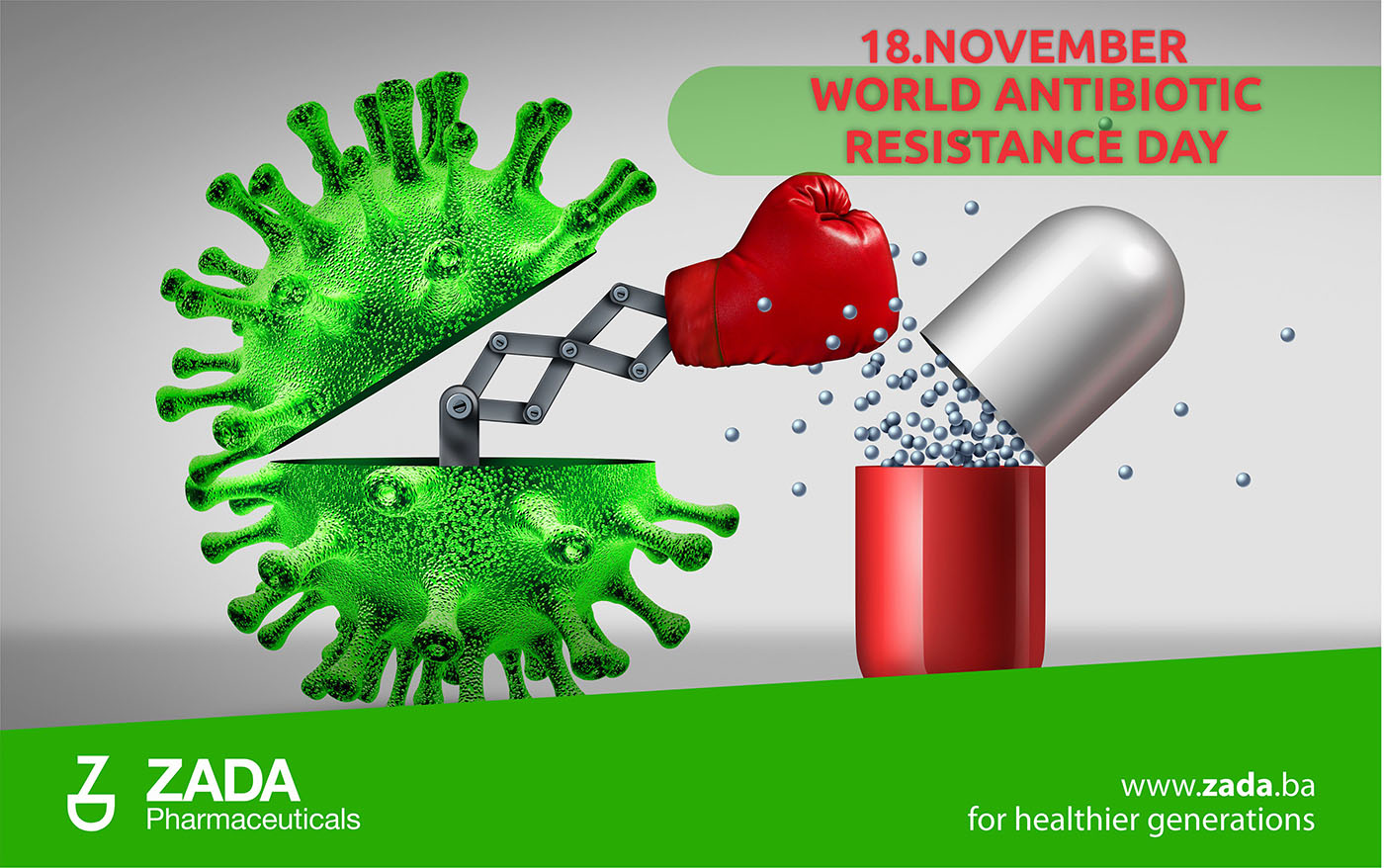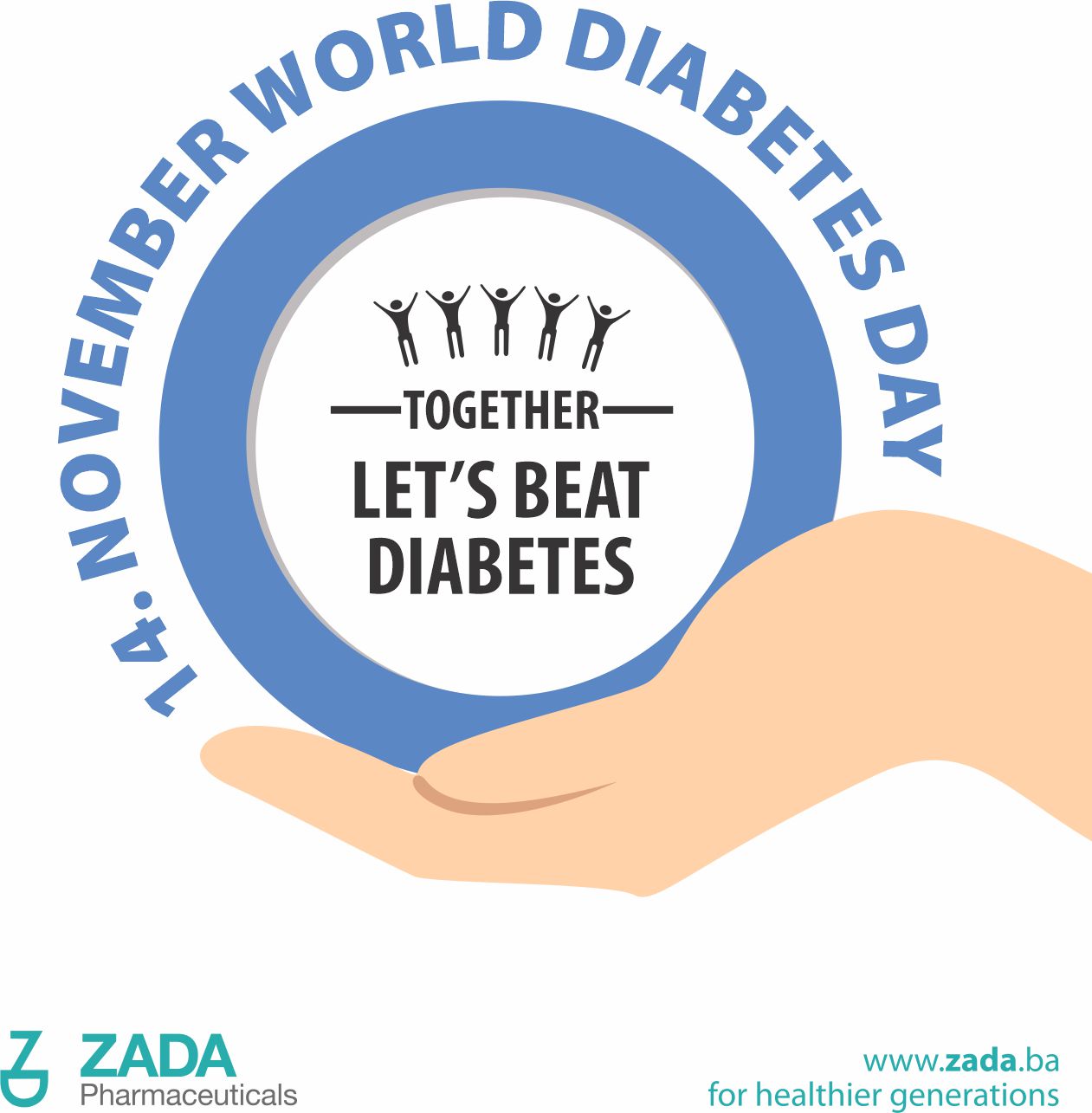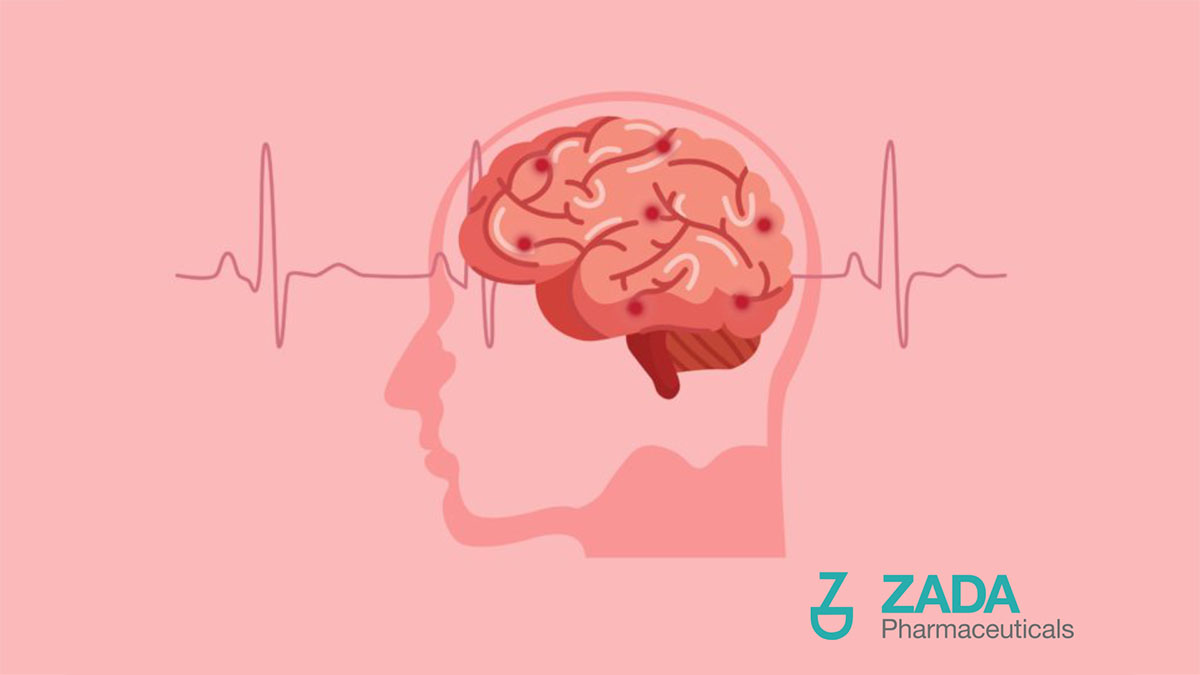Each year, World Antimicrobial Awareness Week aims to increase awareness of global antimicrobial resistance (AMR) and encourage best practices among the general public, healthcare workers to stop further emerging and spread of drug-resistant infections.
Antimicrobial resistance (AMR) occurs when bacteria, viruses, fungi and parasites resist the effects of drugs, which make it difficult to treat common infections and increases the risk of spreading disease, severe disease and death. Antimicrobial drugs are essential to combating diseases in humans, animals and plants including antibiotics, antiviral, antimycopic and antiprotozoal drugs.
Today, antimicrobial resistance is a global problem and is not limited to the state, and becomes a public health priority. According to 2008 data from the European Centre for Disease Prevention and Control (ECDC) Since 2010, 25,000 deaths and 2.5 million days of extended hospital treatment annually have been caused by infections of multi-residue bacteria, at a cost of 1.5 trillion euros. According to data from the Organisation for European Economic Co-operation (OECD) it is estimated that AMR could cause 700,000 deaths a year worldwide.

Despite numerous efforts by state, European and international initiatives that are a reflection of a common commitment to actively addressing this problem, including the World Health Organization’s (WHO) efforts, the death toll (mortality, moridity) is on the rise. Therefore, the WHO points to antimicrobial resistance as one of the main global health problems of medicine and stresses the necessity of taking joint efforts to find a solution so that AMR does not reach a solution by 2050. Since 2010, it has become the leading cause of mortality worldwide. The emphasis is on jointly finding solutions and coordinated action to avoid duplicating efforts and to better connect all participants within the world’s anti-AMR movement.
Why AMR is increasing:
- Miss direction of antimicrobial drugs in humans, animals and plants are the main driving forces in the development of drug-resistant infections.
- Poor medical prescribed practice and patient adherence to treatment. For example, antibiotics kill bacteria, but can’t kill viral infections like colds and flu. They are often incorrectly prescribed for these diseases, or taken without proper medical notice.
- Lack of access to clean water, sanitary and hygiene for both humans and animals.
- Lack of clean water and sanitarianism in health facilities, farms and community settings, and inadequate prevention and control of infections promote the onset and spread of drug-resistant infections.
- COVID-19 – Malicious use of antibiotics during the COVID-19 pandemic could lead to the rapid onset and spread of antimicrobial resistance. COVID-19 is caused by a virus, not bacteria, and therefore antibiotics should not be used to prevent or treat viral infections unless bacterial infections are present.

How to observe and how to prevent AMR:
- Teach your children how to help prevent bacterial infections. Preventing infections in the first place is the best defense against antibiotic resistance. Basic purity is the rule: often wash your hands, keep cuts and scratches cleaned and properly bandages and symbolize contact with family members when they are sick. Keeping your home environment clean by supporting precautions when properly preparing food sounds like common sense, but this is a great week for a reminder to be extra careful!
- Explore and learn more about food with antibiotics.
Fruits and vegetables have a high percentage of vitamin C. Vitamin C is a health fighter that strengthens your immune system and reduces infections. The family of alima, including onions, selot and sewede, is rich in alicia, combined with antimicrobial properties. For more than 2,000 years, honey has been used as an antibacterial drug, especially when combined with cinema. - Give good luck!
Did you know that your mood can contribute to your overall health? It is widely believed that happy people have a much lower rate of bacterial infections and other diseases. And when they get sick, they’re back on their feet much faster. So this week, let’s all focus on doing things that make us happy, whether it’s dancing around the house, singing in karaoke, or a long walk.






